Mushrooms have long been valued as highly tasty and nutritional foods by many societies throughout the world. However, in the Orient, several thousand years ago, there was the recognition that many edible and certain non-edible mushrooms could have valuable health benefits.The practice of using fungi, especially mushrooms, in Chinese herbal medicines has been recorded in early records of the “Materia Medica”. The earliest book on medicinal materials in China, the “Shen Nong’s Herbel” (Shen Nong Pen Ts’ao Jing) (100-200 AD), recorded the medicinal effects of several mushrooms.
Historically, the mushrooms, have had a long and successful medicinal use especially in Traditional Chinese (clinical)Medicine for many forms of immune disorders. Chinese Pharmacopoeias document the use of well over 100 species of mushrooms by practitioners of Traditional Chinese Medicine, for a wide range of ailments. Many of these mushroom-derived medicinal products are now produced by major Japanese, Korean and Chinese pharmaceutical companies. Many of these products are being used worldwide by holistically oriented physicians, chiropractors, herbalists and naturopathic physicians in a clinical environment.
Mushrooms are increasingly being evaluated in the West for their nutritional value and acceptability as well as their pharmacological properties. Increasingly, many are being viewed nutritionally as functional foods as well as a source of physiologically beneficial and non-invasive medicines, while others are distinctly non-edible but considered purely as a source of medicinally beneficial compounds. Some of the most recently isolated and identified compounds originating from the medicinal mushrooms have shown promising immuno-modulatory, anti-tumour, cardiovascular, anti-viral, anti-bacterial, anti-parasitic, hepatoprotective and anti-diabetic properties. Modern scientific studies of the medicinal mushrooms have expanded exponentially during the last few decades primarily in Japan, Korea and China but also in the USA and scientific explanations of how these compounds function in the animal and human systems are increasingly appearing in peer-reviewed scientific and medical journals.
Immune system modulation has long been a feature of Chinese holistic medicine and is referred to as Fu Zheng therapy. Fu Zheng can be considered as the Oriental equivalent of Western immunotherapy. Compounds derived from certain medicinal mushrooms are used extensively in the Orient to increase disease resistance and to normalize body functions.
One of the most noticeable features of extracts derived from many medicinal mushrooms is their ability to function as immuno-modulators. As such, the physiological constitution of host defense mechanisms are improved by the intake of these mushroom compounds which restore homeostasis and enhance resistance to disease. A central premise in Oriental medicine is to regulate homeostasis of the whole body and to return the diseased individual to the normal state.
It is interesting to note that several of the medicinal mushrooms and their concentrates are becoming particularly popular in the US – the movement began with a drive towards “healthy food” in the 1960s-1970s; now it is towards “healthy medicine”. People are interested in the medicinal mushrooms because they appear to have been used with considerable effect for hundreds of years in the Orient while many modern widely used pharmaceuticals while offering undoubted health benefits can also in some cases have serious side-effects. Furthermore, it is now increasingly being recognized that diet is intimately associated with optimal health and the tenet of Hippocrates (400 B.C.) “Let food be your medicine and medicine be your food” is fast becoming a truism for many people.
Among the highly regarded medicinal mushrooms, Ganoderma lucidum (Reishi also known as Lingzhi), Cordyceps sinensis (Caterpillar fungus), Hericium erinaceus (Lion’s mane), Grifola frondosa (Hen of the woods), Trametes versicolor also known as Coriolus versicolor (Turkey tail), Lentinula edodes (Shiitake) have attracted the attention of the scientists globally and lot of research studies and trials have been conducted on them for their medicinal potential.


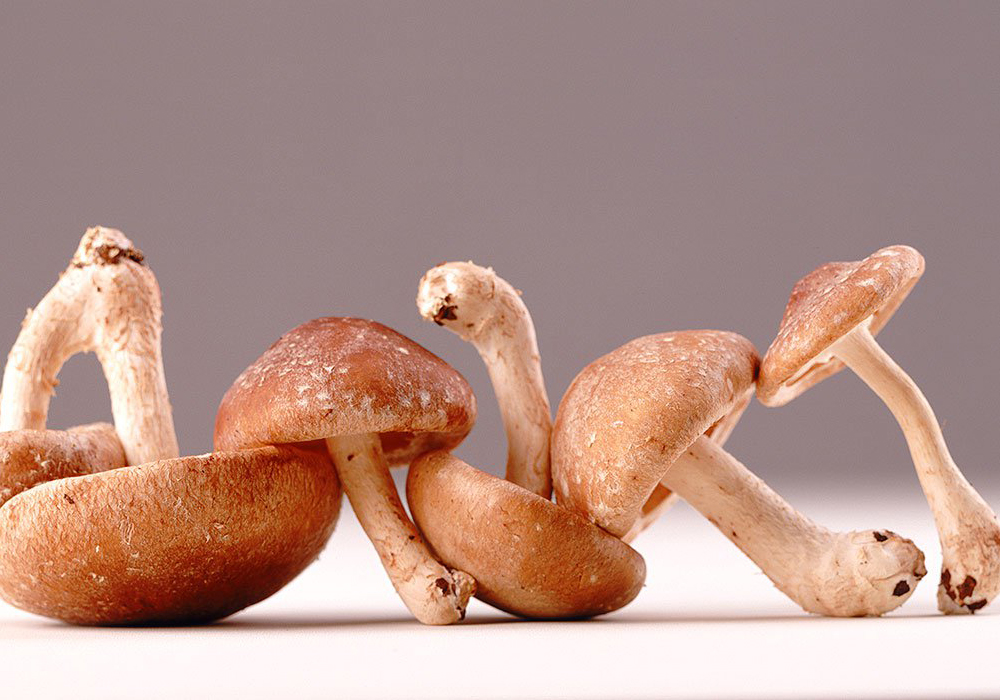
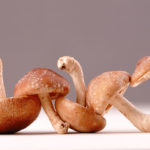
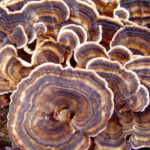
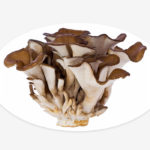
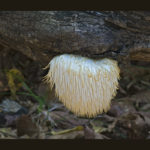
Share the Post